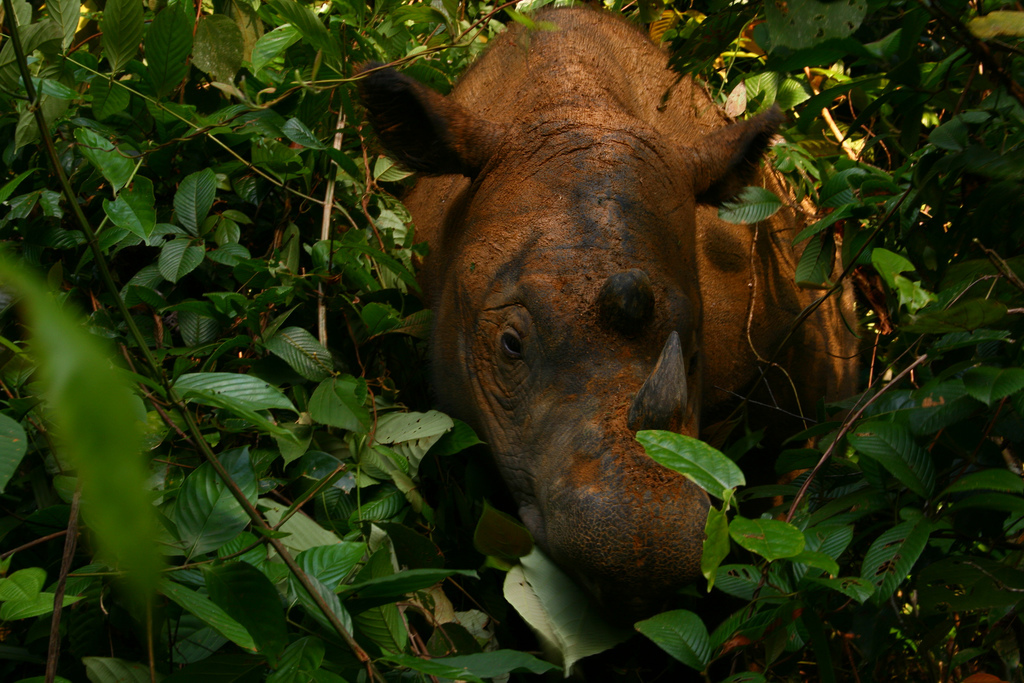
A rhino in Sumatran Rhino Sanctuary (SRS) in Way Kambas National Park.
Reacting to these developments, Greenpeace Africa’s Senior Political Advisor, Fredrick Njehu has said:
“China’s decision to reopen trade on rhino horns and tiger bones will not only reactivate the demand for rhino products, but also contribute to a rise in poaching and other illegal activities. This also reverses steps that have been made to protect these endangered species.
Lifting the ban will contradict the leadership China has shown recently in tackling the illegal wildlife trade. Kenya has a population of about 750 black rhinos, opening this market will further put these at risk.
Greenpeace Africa calls upon China to maintain the ban on tiger bones and rhino horns trade which has been so critical in conserving these iconic species. We also urge the government of Kenya to put stringent measures to ensure the protection and survival of these species.”
Media Contacts:
Hellen Dena, Communication Officer, [email protected], + 254 717 104 144
